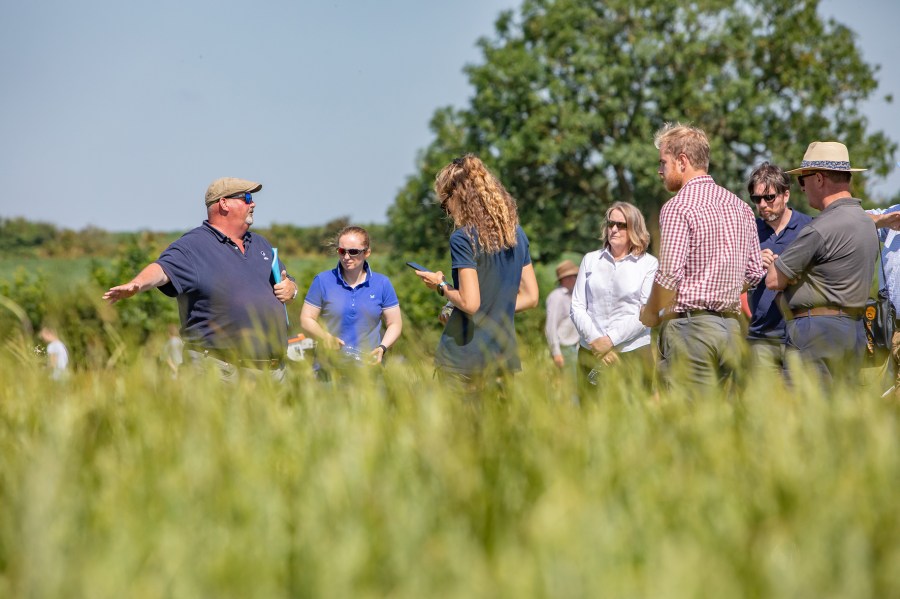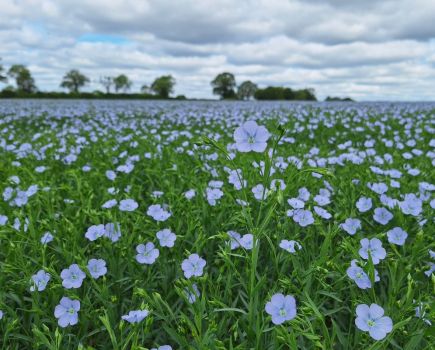Growers across the country can obtain a detailed insight into the work being undertaken at Agrovista’s flagship trial site, Lamport AgX, via a new virtual 360° online tour.
The Northamptonshire site, previously known as Project Lamport, is a major resource examining how rotations, cover cropping and regenerative agriculture principles can interact to improve soil health, while delivering commercially viable crops and maintaining blackgrass at manageable levels.
“The virtual tour is open to all growers, whether they are Agrovista customers or not, and is the next best thing to visiting the actual site,” says Agrovista marketing manager Chris Okane. “It allows visitors to navigate around the various cropping systems at Lamport AgX to give a more interactive feel.
“The work we are carrying out at Lamport AgX contains important pointers as to how arable farming will evolve over the next few years, to help growers meet head on the technical and environmental challenges that lie ahead.
“Due to the COVID uncertainty earlier this summer, many growers were uncomfortable at the thought of visiting an event and we also had to restrict visitor numbers.
“This new initiative will enable as wide an audience as possible to access some of the key sector-leading findings at Lamport AgX.”
Gold soil health
The tour kicks off with an in-depth explanation from head of soil heath Chris Martin on optimum soil management at the site. He uses results from Agrovista’s comprehensive Gold Soil Health report, which is now available to growers to help them make informed management decisions and improve overall soil functionality.
Several different systems are then examined with farming systems research and development adviser Niall Atkinson. He starts by looking at various options to reintroduce winter wheat into the Lamport rotation, which has been dominated by cover crop/spring cropping sequences over the past eight years to help control blackgrass and deliver profitable crops.
Optimum establishment
A section on optimum cover crop establishment includes broadcasting seed into the preceding standing crop several weeks before harvest, offering crucial additional weeks to help soils reap the full benefits. Cultivations to aid conventional cover crop establishment, as well as comparisons with fallow plots, also feature.
Other highlights include a session with technical manager Mark Hemmant testing regenerative agriculture principles in spring-drilled wheat after a cover crop, to see how they might fit in to conventional systems.
The plot, which features companion crops to condition the soil and fix nitrogen, has largely done away with conventional inputs, using biostimulants and cutting edge nutritional treatments.
The tour wraps up with a review of the key findings at Lamport AgX from the past 12 to 24 months.
The interactive experience allows users to navigate their way through the trials at their own pace, with access to 10 videos and background information on highlighted plots. Growers can access the tour at www.agrovista.co.uk/lamportagx360tour
Those who prefer to view videos only can find these at www.agrovista.co.uk/lamport-agx




